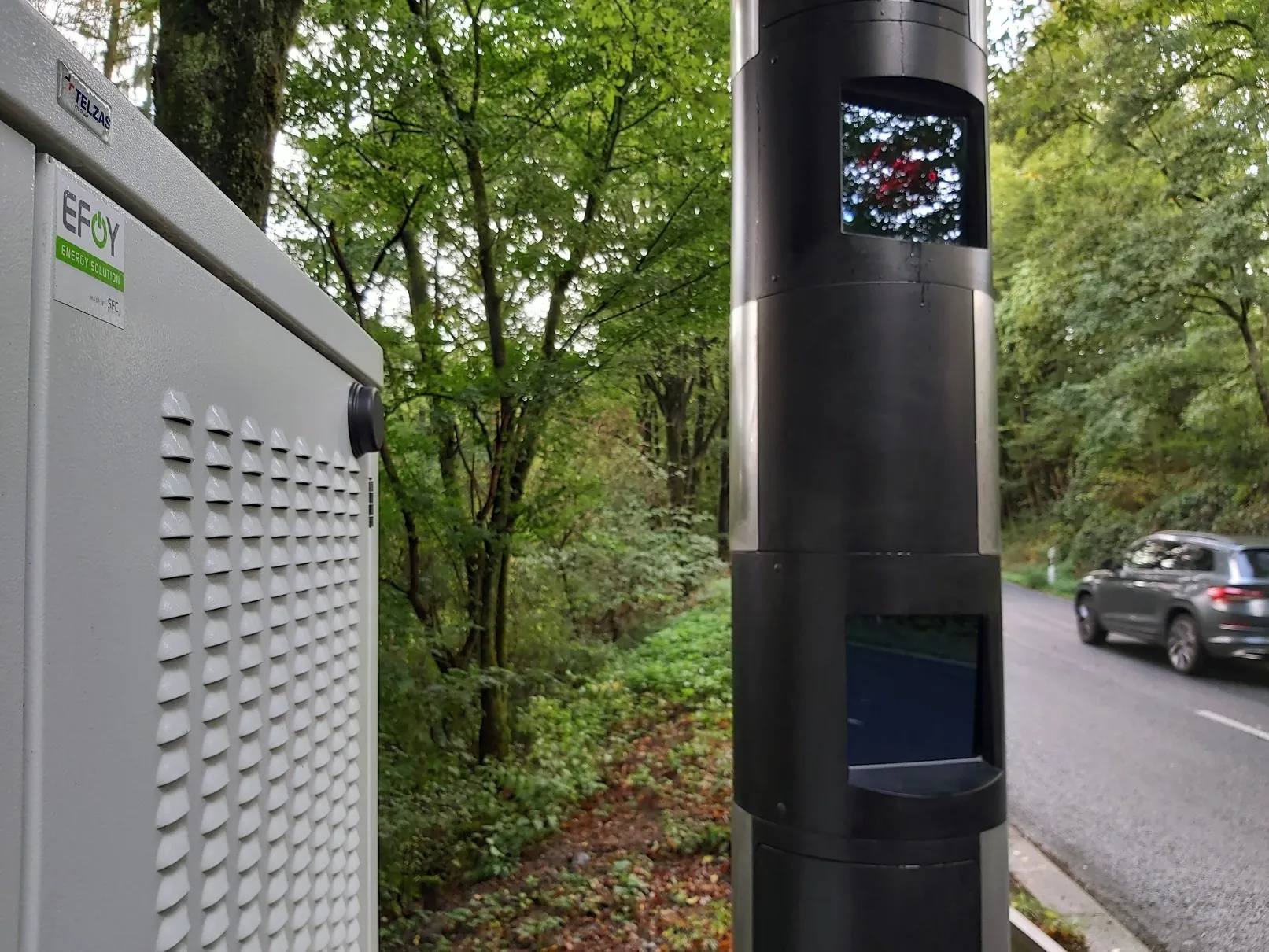UTC Power, a United Technologies company, has announced that one of its latest generation PureMotion System Model 120 fuel cell powerplants for hybrid-electric transit buses has surpassed 10,000 operating hours in real-world service with its original cell stacks and no cell replacements. This powerplant is aboard an Alameda-Contra Costa Transit District (AC Transit) bus operating in the Greater Oakland, California area.
April 16, 2012
Read time: 3 mins
UTC Power has provided fuel cells for fleet transportation since 1998, powering buses in the United States, Spain, Italy and Belgium. The Model 120 was introduced into commercial service in 2005 and represents more than nine years of research and development. It is a quiet, efficient, zero-emission proton exchange membrane (PEM) fuel cell system for heavy duty vehicles.
"The new technology we introduced in 2007 has surpassed our customers' expectations. Buses equipped with the Model 120 fuel cell system have travelled more than 630,000 miles, a significant accomplishment as we continue to make progress toward the commercialisation of fuel cell buses," said Dana Kaplinski, manager of UTC Power's transportation business.
There are now 18 transit buses in commercial service powered by PureMotion System Model 120 fuel cell powerplants. These buses are operating in California (AC Transit and SunLine Transit) and Connecticut (CT Transit). UTC says the powerplants have consistently maintained 90 per cent average availability while operating in commercial transit service since February 2008 – meaning the units are operational and available to power the buses on scheduled runs 90 per cent of the time. This reliability surpasses transit industry targets of 85 per cent availability for conventional engines.
"Since late 2005, AC Transit has accumulated more than 400,000 miles of service and carried in excess of one million passengers on its fleet of fuel cell buses powered by UTC Power fuel cell power plants," said Jaimie Levin, AC Transit's director of Alternative Fuels Policy and Hydrogen Fuel Cell Programme Manager. "Our passengers love these buses, as well as our mechanics and drivers. We are extremely pleased and impressed with the performance of the UTC Power near-ambient pressure fuel cell system, and our entire staff is proud to be a part of the team that has reached this critical milestone."
CTTransit is also pleased with the performance of the PureMotion Systems aboard their fleet of fuel cell-powered hybrid-electric transit buses. "CT Transit has operated fuel cell buses since 2007 and we have seen remarkable progress in powerplant durability," said Steve Warren, assistant general manager-maintenance services for CT Transit. "We operate the newest fleet of four fuel cell buses in the same urban conditions and routes as our diesel fleet, from snowstorms to the recent heat wave, and their performance has been outstanding."







